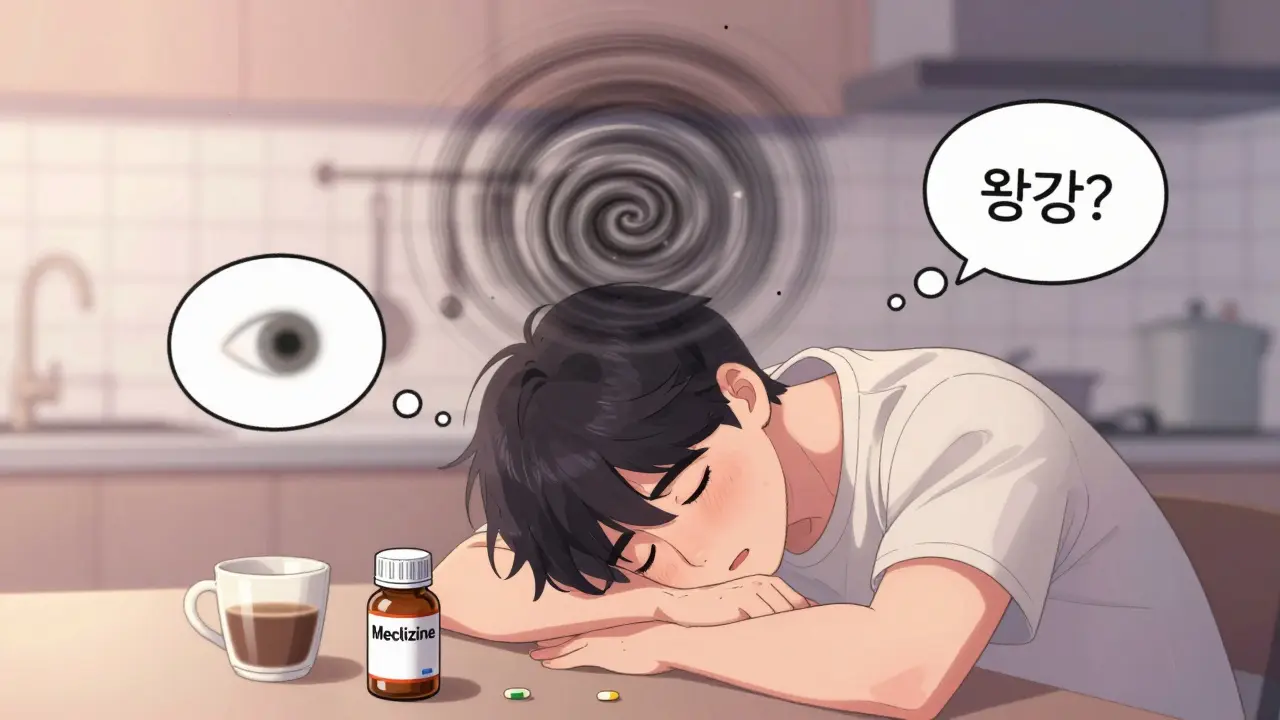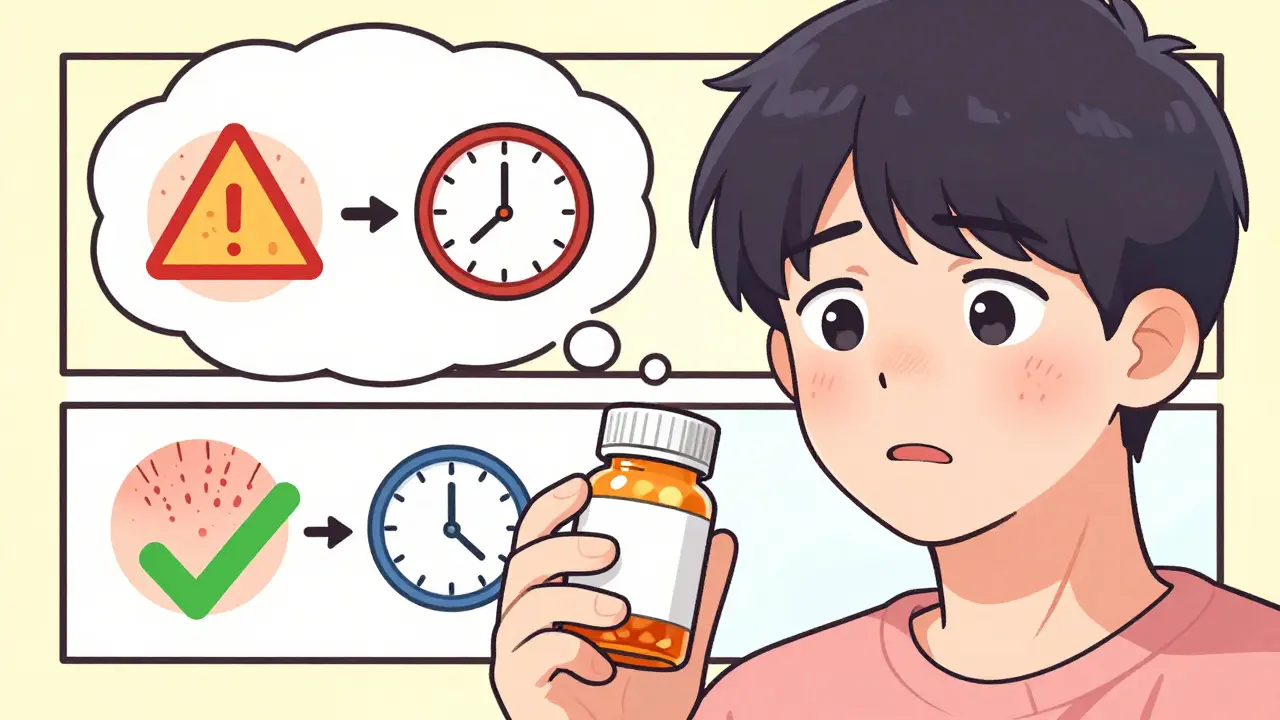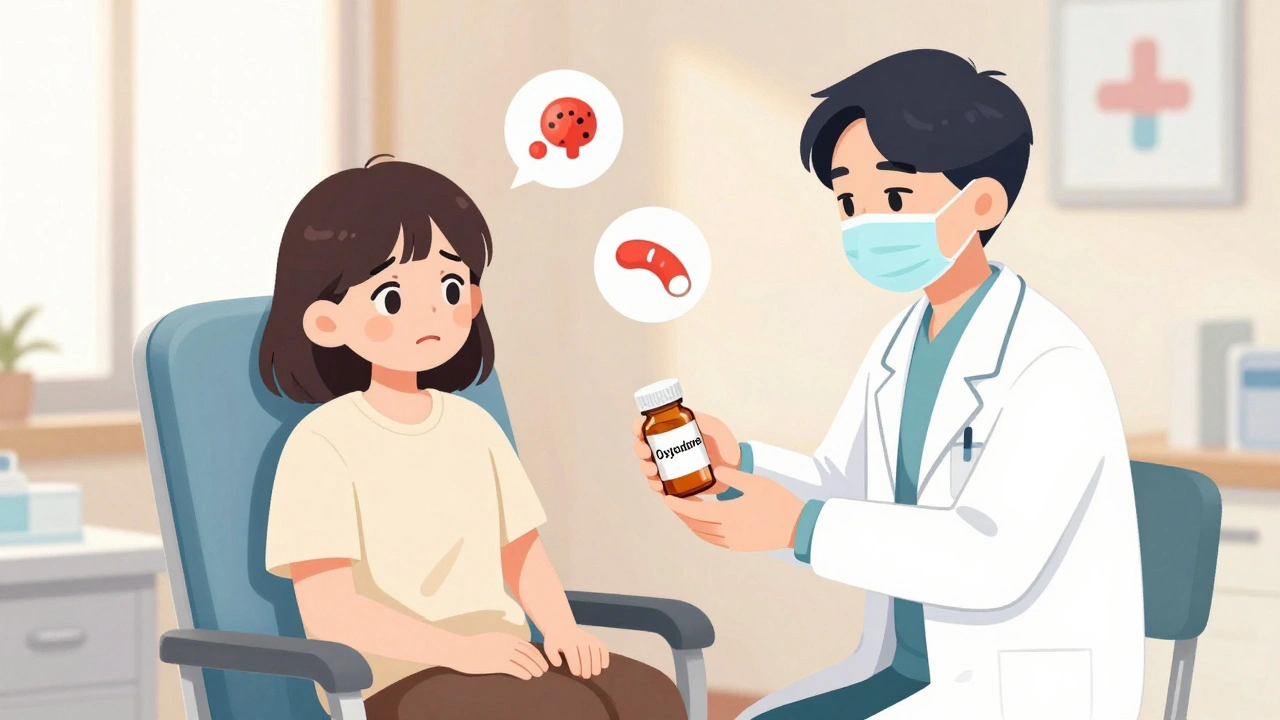Every drug or supplement can cause an unwanted reaction. Those reactions are called side effects, and they range from a mild headache to a serious allergic response. Knowing what to look for can save you a lot of hassle and keep you healthier.
First, always read the medication label or patient info sheet. Manufacturers list the most common side effects right up front, and they also note the rare but serious ones. If something feels off after you start a new pill, check that list before you panic.
Most people experience mild effects like stomach upset, dizziness, or dry mouth. These usually fade after a few days as your body adjusts. If you notice a rash, swelling, or trouble breathing, those are red‑flag signs and need immediate medical attention.
Some drugs affect specific organs. For example, certain blood pressure meds can cause fatigue or a low heart rate, while antibiotics may lead to diarrhea. Knowing which organ a drug targets helps you understand why a particular symptom appears.
Often you can cut down the impact by taking the drug with food, staying hydrated, or adjusting the time of day you dose. Over‑the‑counter remedies like antacids or anti‑nausea pills can also help—but always ask your pharmacist or doctor first.
If a side effect feels severe, don’t stop the medication on your own. Call your healthcare provider, describe the symptom, and ask whether you should lower the dose, switch drugs, or stop completely. They might suggest a short‑term treatment to ease the reaction while you stay on the main medication.
Keeping a simple side‑effect journal can be a game‑changer. Write down the drug name, dose, when you took it, and any new symptoms you notice. After a week, you’ll have a clear picture to share with your doctor, and you’ll spot patterns you might otherwise miss.
Remember, side effects are not always a sign that a drug is bad for you. They’re a normal part of how medicines work in the body. By staying informed, watching for warning signs, and talking to your healthcare team early, you can keep the benefits while minimizing the downsides.

Meclizine helps with vertigo and motion sickness, but it causes drowsiness, brain fog, and other side effects. Learn how to use it safely, who should avoid it, and what alternatives work better.
View more
Post-market surveillance is the critical system that catches dangerous side effects after drugs and devices are approved. Learn how real-world data, patient reports, and AI are uncovering hidden risks that clinical trials miss.
View more
Most people who think they're allergic to medications are actually experiencing side effects. Learn how to tell the difference, why it matters, and what steps to take to avoid unnecessary drug avoidance and unsafe treatments.
View more
Opioid rotation can reduce side effects like nausea, drowsiness, and constipation without sacrificing pain control. Learn when it's recommended, which drugs work best, and how to switch safely.
View more
Learn what Levoflox (levofloxacin) does, proper dosing, common side effects, drug interactions, and safety tips in this concise, up‑to‑date guide.
View more